“Mum, when Bubble dies can we get another dog?” my eight-year-old asks, when a shaggy golden retriever passes us in the street.
“Yeah, a greyhound!” adds her brother, excitedly.
My heart starts to race – and not with happy anticipation.
We’ve had Bubble for six years, before the Covid boom in pet ownership. Almost half of Aussie households (48 per cent) have a dog now: six million dogs requiring walks, insurance, grooming, and leaping off the sofa every time someone opens the fridge. I am Bubble’s person, literally the dogsbody: the adult who takes care of all her needs and wants.
A quick poll of mates with hounds and felines tells me I’m not alone; we’re incorporating the realities of pet ownership in how we take care of our homes, what we shop for, and what we feel needs doing every day.
My husband is an equal partner in parenting, supports my work as freelance writer passionately, and yet the dog has slid into the category of Invisible Mum Labour.
I thought things would be different, of course. My husband is an equal partner in parenting, supports my work as freelance writer passionately, and yet the dog has slid into the category of Invisible Mum Labour.
I’ve been working from home most of Bubble’s life, starting from a difficult pregnancy, then a new career as a writer, while caring for the baby and older child, then the dog getting hit by a car and needing extensive surgery (don’t ask… I was enormously pregnant, and she was lurching around the place like an extra from Saving Private Ryan with an Elizabethan cone on her head), and three rental-reality-check house moves.
As all of these things have been absorbed by me, and without an office to go to like my husband, Bubble’s got used to the level of service I provide: food and water, companionship, daily walks, attention to her grooming and medical needs.
Bubble is a Labradoodle, a breed that’s good with kids and hypoallergenic. Ironically, Bubble is allergic to … grass. I’m at the vet’s fairly often.
Psychologist Catriona Davis-McCabe isn’t surprised that I’m started to feel rather burdened by Bubble: “I think pets overwhelmingly enrich family life, but you have to make sure that you know what you’re getting yourself into, because there are risks. Research shows that women spend far more time on unpaid housework, caring and cooking, so – given that they’re already overstretched – it’s perhaps not surprising that the addition of a pet adds to stress levels.”
Every time a woman gets a dog, a feminist fairy dies
While I love Bubble, I don’t love the impact it’s having on the work I can do while the kids are at school. Half-jokingly I tell people: “Every time a woman gets a dog, a feminist fairy dies!” But Davis-McCabe is careful to point out that it’s really not Bubble’s fault.
“It’s important to remember that the dog’s done nothing wrong, they’re now part of the family”, she says, doubtless responding to the resentment in my voice. “It’s probably quite normal if people feel overwhelmed by the work it takes to keep pets happy and healthy. But it can develop into a significant mental burden when these responsibilities are not being shared equally. It can lead to feelings of inequity and potentially trigger emotions like anxiety, guilt, and resentment. If somebody is already struggling; it can feel like another burden.”
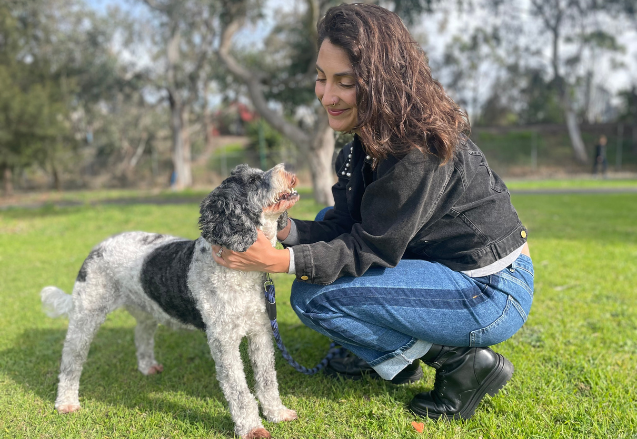
Recently I found an affordable, local co-working space. Immediately, I felt more productive and loved meeting people in real life, rather than via email. The first four hours were great, and then I left to walk the dog.
“This is ridiculous,” I said, and Bubble wagged her tail in joyous agreement. Probably thinking ‘Let’s be ridiculous, together!’
I bumped into a friendly local dogwalker, who I’ve used when my husband travels and I’m on a deadline.
“Claire, can you walk my dog every day next week because I don’t want to?”
“Sure,” she smiled.
“I left work to walk her,” I added.
“Gosh, why would you do that?”
Ladies, I do not know. No-one asked me to, but I volunteered, and now I want to resign.
“(This kind of behaviour) is expected of mums and of women, and we just get on with it,” says Davis-McCabe. “Children get on with what they’re doing, the partner gets on with what they’re doing, and it’s left to Mum to pick these things up. It can lead to strain in the family because you can feel taken for granted.”
We’re expected to work like we don’t have a family and children and pets, and bring our family up like we don’t have a job
Sometimes it’s easier to be the solution than look for an alternative. I tell Davis-McCabe that I felt wonderful after a week without walking Bubble, that I went to my new co-working space wearing nice shoes and without that constant ‘When do I walk the dog?’ mental pop-up.
“That’s excellent self-care,” she told me, which, frankly, I liked. “It’s okay to say: I can’t deal with this today.”
What’s the solution, I ask.
“Communication and boundaries,” says the psychologist. “It’s important that your partner or your children see that this is important to you. We’re expected to work like we don’t have a family and children and pets, and bring our family up like we don’t have a job. It can lead to overwhelm and burnout. It’s incredibly difficult for people.”
“Do you want to rehome the dog?” my husband asked, after I explained that I was having a break from Canine Mental Load.
“No, I love her. I just need to see other people.”
I’m coming from a place of plenty: love in our house and money to pay Claire. We agree that in future, we’ll address the dog as part of the week’s work in the same way as kiddie drop-offs, cooking, laundry, and shopping.
Removing the resentment for walking my dog meant I was able to enjoy her for what she is: a loveable, slightly smelly, tail wagging, emotionally insistent wet-nosed animal that – unlike my children – will never, ever, be toilet trained.




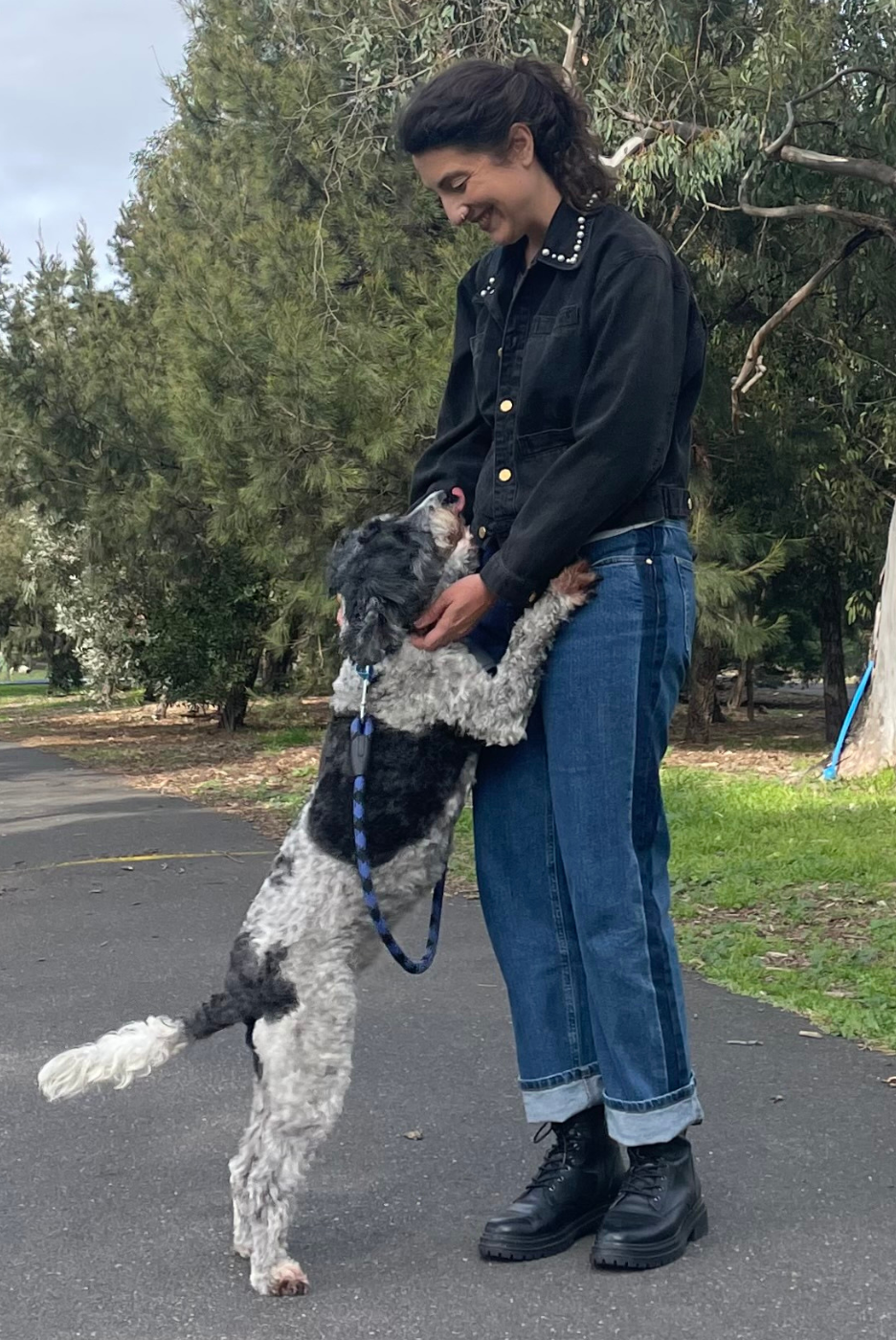





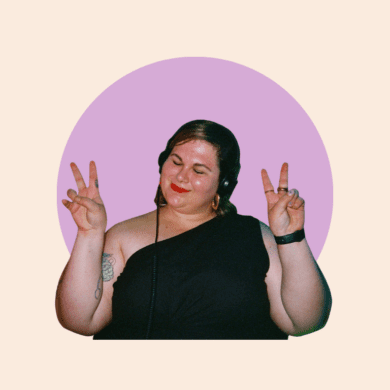
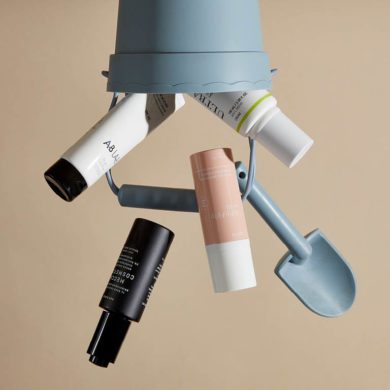
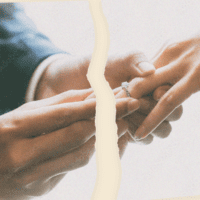

2 Comments